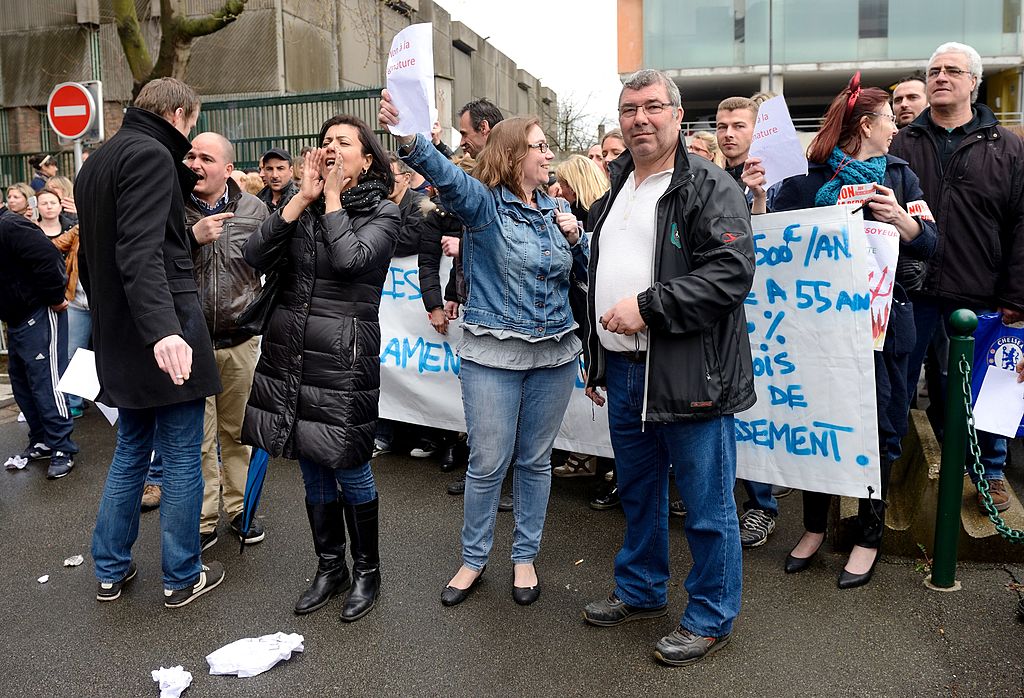David Guiraud
In Roubaix, the situation’s a little unique. Even though it’s lost local tax revenue, it still receives financing from VAT revenue. Unlike other cities, under the latest budget Roubaix doesn’t lose the credits it receives. Because Roubaix is the poorest city in France, the state continues to finance it.
About 50 percent of the city’s operating budget comes from the state. So, Roubaix isn’t one of the cities being strangled by the state withdrawing financing. But it is bearing the brunt of the weakening of public services in general, such as the public hospital system. Our hospitals have big problems, especially where mental health is concerned. Many people are suffering from mental pathologies in our psychiatric hospitals, because poverty produces that, too. At Hôpital [Lucien] Bonnafé, for the children’s mental health section there are eight doctor positions open and zero doctors onsite. In the adult psychiatric section, I think that out of six positions, there’s only one doctor left.
Roubaix is bearing the brunt of the weakening of public services in general, such as the public hospital system.
Many national problems are also represented [in Roubaix]. For example, one middle school principal told me when I visited that “we’re missing speech therapists in the city.” A child who might have a problem with stuttering or dyslexia isn’t tested for it and then has problems with learning and reading. That creates frustration, exclusion, and delays in learning.
Today we don’t know what a big France Insoumise–run city looks like. Faches-Thumesnil has around 20,000 people, but there isn’t a political model there, beyond there being a mayor who does his job well (and did quite well in leading the city during COVID).
I’m interested in developing a political vision. On the Left, and in our young movement France…
Auteur: David Guiraud

